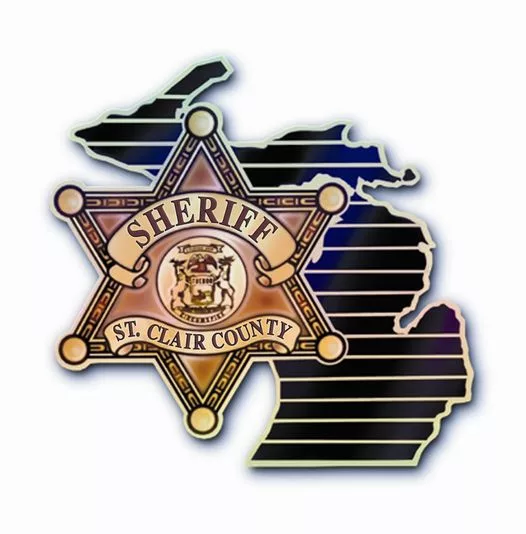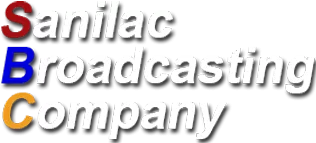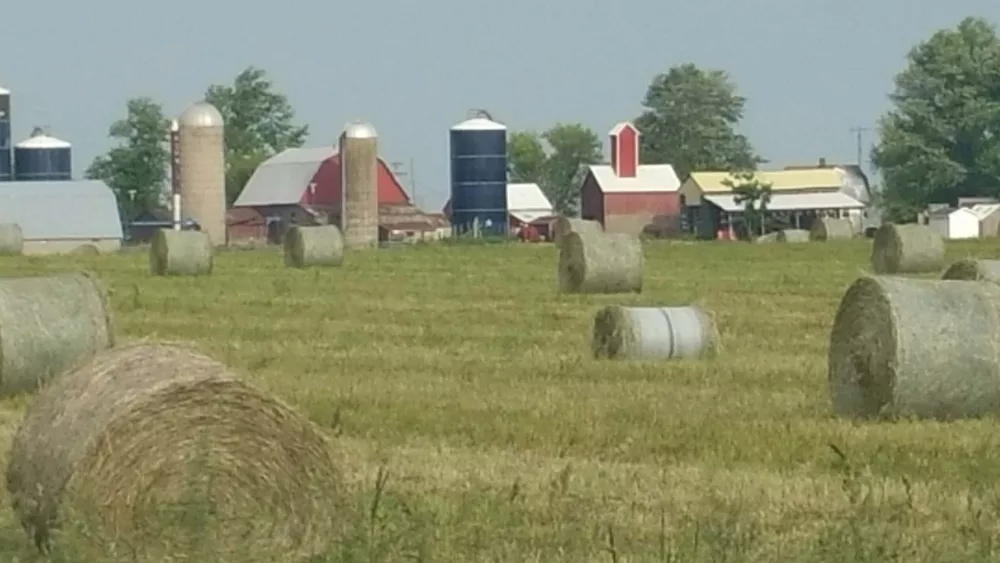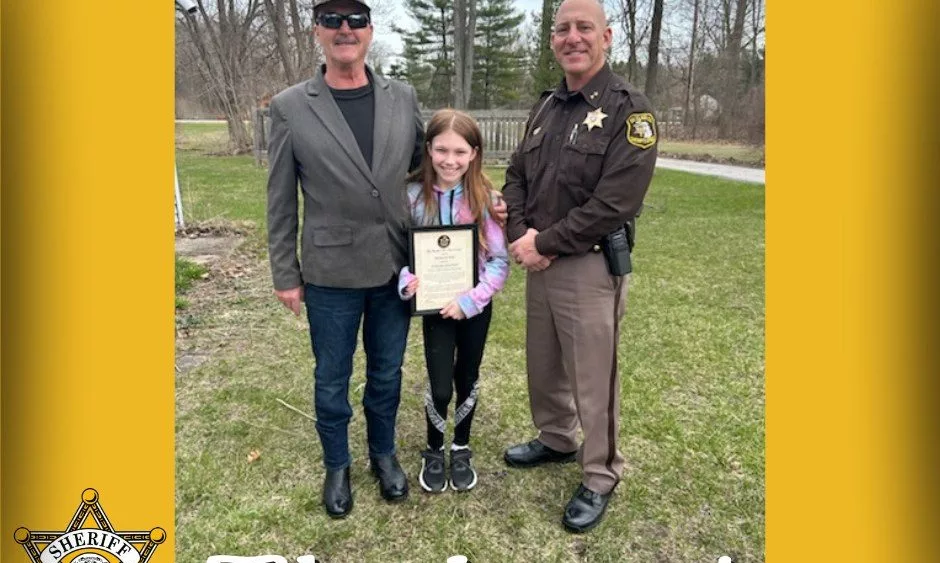Due to a needed part of pipe failing to meet specifications, the Great Lake Water Authority (GLWA) reports that the broken water main project has been extended again.
The break, which occurred on August 13 and resulted in 23 communities across four counties, including Lapeer and St. Clair, being under a boil advisory, with seven communities remaining under the advisory until Saturday, August 20.
The pipe was delivered Thursday, August 25, with the corrected pipe and another pipe needed for project completion having been slated to arrive Sunday, the GLWA said in a statement to the Oakland Press. However, according a press release to the Times Herald yesterday, GLWA announced there was a change of plans, with the first 16 foot-pipe due for delivery Monday, and a second 16-foot-pipe being sent out this afternoon with a goal of delivery in the next two days.
The GLWA had initially said that repairs should be done by September 3, but noted that delays could occur from pipe delivery issues such as this. Repairs are expected to actually begin once all material is on site, pipes included, with an estimated timeline to come with the work. The faulty pipe was returned to the manufacturer’s.
Speaking of water trouble for Lapeer County: the county’s director of Central Dispatch and Emergency Services, Jeff Satkowski, reports that 38 properties across Lapeer city have been notified of potential lead contamination issues in their water.
This find came after the August 13th water main break, the involved state agencies took water samples from Lapeer, Almont and Imlay City, with 8 out of the 13 homes sampled in Lapeer resulting in readings of lead amounts higher than allowed. Water testing in Lapeer continued last Friday, August 26, with results from Imlay City and Almont still pending.
The notifications came from the Michigan Department of Health and Human Services, and the Department of Environment, Great Lakes and Energy (MDHHS and EGLE, respectively), with both state agencies urging residents of those properties to use an alternative water source, such as bottled water for consumption, or to use a certified lead-reducing water filter, with the county health department having a few of these filters for free.
Again, the water can presently be used for bathing, washing hands and washing dishes, but for brushing teeth or preparing food and infant formula, bottled or filtered water is a must. Bottled water will be distributed upon request to 800-MI-TOXICS (800-648-6942), and any additional questions can be directed to that number as well.



